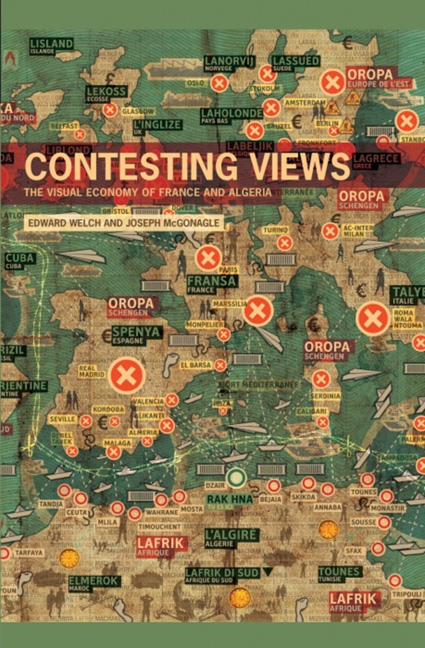Conclusion
Summary
In early May 2012, France elected François Hollande, candidate of the Parti socialiste, as its new President. Hollande's second-round victory followed an entre-deux-tours notably marked by a move to the right in Nicolas Sarkozy's campaign as he sought to woo those who had voted for the far-right Front National in the first round. Preparing the ground for subsequent legislative elections, the reactions from centre- and far-right politicians following the celebration of Hollande's victory at the Place de la Bastille on election night were telling. Bemoaning the lack of French tricolors on display, and heavily criticising the number of foreign flags visible, the Ministre de l'Apprentissage Nadine Morano warned that such scenes would prove increasingly common if the Parti socialiste were to honour its pledge to grant voting rights in France to foreigners. Meanwhile, the vice-president of the Front National, Louis Aliot, saw the presence of Algerian flags as categorical proof that communitarianism had now become a daily reality within French society.
To identify the sight of Algerian flags flying in Paris as a threat might strike many as a predictably cynical strategy at any moment of the French political calendar. Commentators failed to notice, however, that this brief furore – by quirk of timing – arose on the eve of the anniversary of an increasingly notorious moment in French history, when the carrying of the Algerian flag on French territory provoked a far more terrifying response. As the end of the Second World War was celebrated in France on 8 May 1945, the shooting by police in French Algeria of the flag-bearing young scout Saal Bouzid during a peaceful pro-Algerian independence march in Sétif provoked an insurrection that was brutally countered by the colonial authorities (Thénault 2005: 39). Their response over the following months culminated in the deaths of between 15,000 and 45,000 Algerians within the wider North Constantine region (House and MacMaster 2006: 36). The French colonial regime was well aware of the dangers of allowing protestors to bear an Algerian flag: hence why demonstrators had been banned from displaying them, along with any other nationalist symbols deemed politically provocative. Indeed, for many of those who witnessed the protests, it was the first time they had seen the flag at all, an emblem that would subsequently symbolise the FLN movement (Mekhaled 1995: 137).
- Type
- Chapter
- Information
- Contesting ViewsThe Visual Economy of France and Algeria, pp. 180 - 185Publisher: Liverpool University PressPrint publication year: 2013



